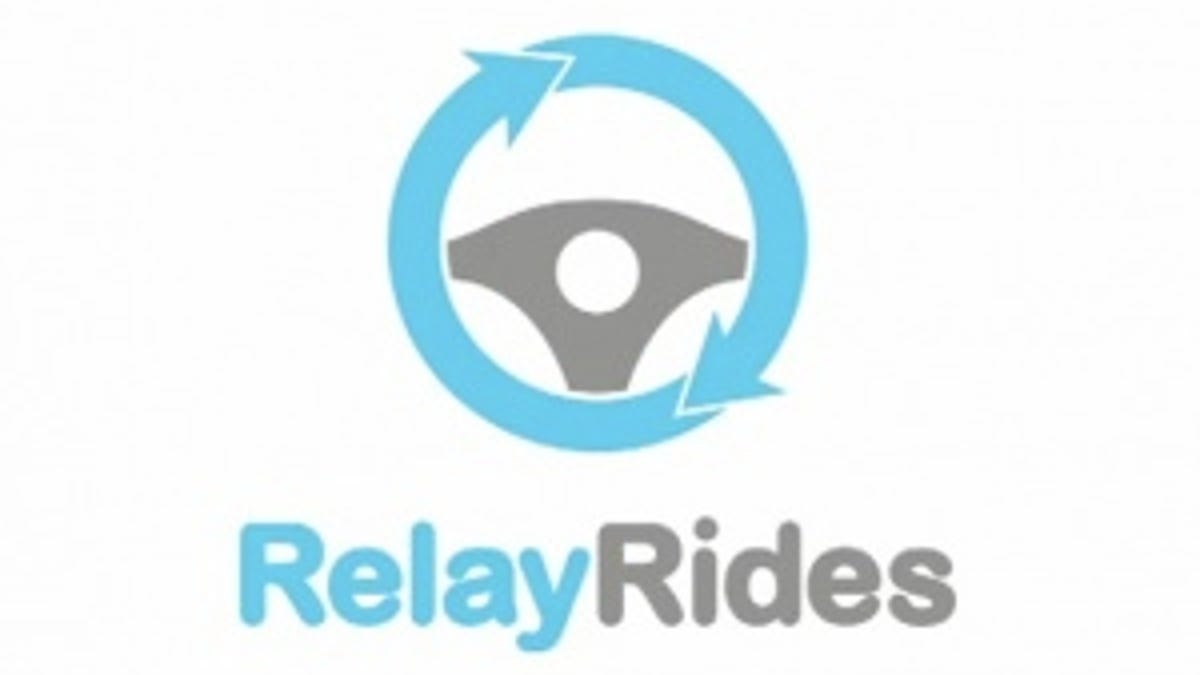Google-backed RelayRides launches in Bay Area
Flush with cash from an undisclosed Google Ventures investment, RelayRides launched a peer-to-peer car-sharing service in the Bay Area that can turn every idle car into a rental.

Flush with cash from an Google Ventures investment, RelayRides recently launched a peer-to-peer car-sharing service in the San Francisco Bay Area that can turn every idle car into a rental.
Renting out your car to total strangers may sound like a risky venture, but it's a way to earn money from an otherwise underused car while helping out carless neighbors. Car owners set their own hourly rate and keep 65 percent of the total rental fee.
RelayRide estimates that an economy car available 20 hours per week can earn owners $4,600 per year. But how much you earn in the program will depend a lot on the number of members in your neighborhood.
To join as a renter, prospective members must have a valid driver's license with a clean record. Car owners' vehicles must be in safe driving condition and parked in an easily accessible spot. Don't worry about being responsible if a renter gets into an accident while in your ride--RelayRides provides a $1 million insurance policy, and borrowers are always responsible for the first $500 of damages. The hefty deductible is intended to incentivize borrowers to be careful with your car.
In many ways, RelayRides operates a lot like rival ZipCar. The network uses a wireless device to control access to vehicles, and the keys dangling from the car's ignition won't work unless the device has been activated. Borrowers are restricted to 20 miles per rented hour and 160 miles per day--overages are a stiff 40 cents per mile. But unlike ZipCar, car owners are responsible for gas.
But the Cambridge startup doesn't pose much of a threat to ZipCar just yet. In fact, the services sound more complementary than competitive. While ZipCar operates in dense neighborhoods and urban centers, RelayRides' primary targets are suburban communities or fringe neighborhoods where ZipCar can't operate profitably.

